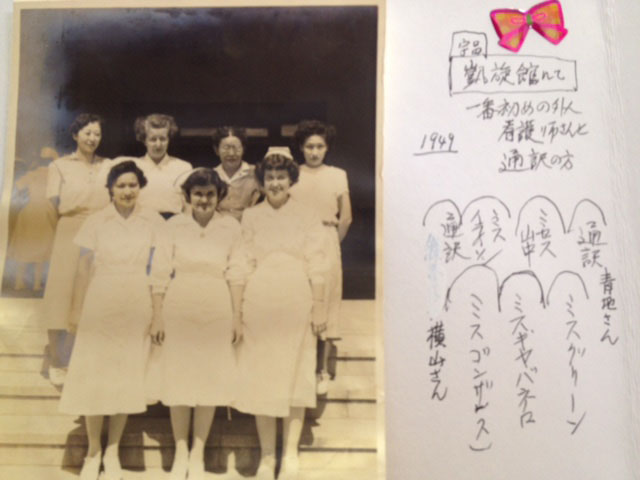
In Fall 2014, four students from the TWU Nursing campus – including RN, MSN and CPHQ Rhonda Kitchen; MSN, RN, FNP-BC and DNP student Vicki Brooks; MBA, MSN and CRNA Sabrenda T. Littles; APRN, ANP-BC and DNP student Jen Heathman; and PhD Nursing Student Terrylane Ingle – took part in a Japanese study as part of an elective course at the Houston campus. The study explored the role of Japanese nurses who collaborated with the Atomic Bomb Casualty Commission (ABCC) in Hiroshima, Japan. This commission later became the Radiation Effects Research Foundation (RERF), which has become the longest running longitudinal study in history.
Littles explained that much of the current literature lacked the experiences of the Japanese nurses who worked with the ABCC in the aftermath of the Atomic Bomb. She said: “Often times the Japanese nurses were ostracized and criticized for their work at the ABCC. The ABCC was viewed as the enemy because of its association with the USA.”
The nursing students took part in cultural immersion during their stay in Japan. Their course work included individual presentations and research on the findings of ABCC and RERF. They also interacted with public relations and research staff members of RERF. The students also conducted interviews with the Japanese nurses involved with the ABCC, translating and examining documents and photographs of their work. The nursing students completed handwritten journals of the experiences and findings they made, completing an abstract of the research at the end of the course. Littles elaborated that their findings showed that the involvement of the Japanese nurses was vital to the success of the ABCC,…
“The varied responsibilities of the Japanese nurses resulted in improved hygiene practices and increased health promotion efforts in the A-bomb survivor population.”
She added: “The Japanese nurses facilitated research efforts of the ABCC. They were the nexus between cultures, which buttressed the most extensive longitudinal genetics study in history.”
After completing their abstract, the students submitted their research in December 2014 to the American Association History of Nursing. The abstract was accepted in March 2015, and September 2015, Littles, Brooks, Kitchen and Ingle were able to travel to Ireland, presenting their findings to the to the Association for the History of Nursing Annual International Conference. While in attendance, the students interacted with fellow nurses from several different countries including the U.S, Canada, Ireland, Britian, Spain, Norway and Australia.
The four students in attendance presented their findings in a poster during the conference, illuminating on the Japanese nurses’ perspectives on the influence of American nurses that helped to develop the profession in Japan.
Littles shared: “The American nurses at ABCC set the ground work and foundation for standards of practice in Japanese nursing.
The students gained valuable experience in their education during the trip to Japan while contributing to the global community in efforts to improve universal standards of the nursing practice. However, Littles also believes that the trip gave her valuable insight into the lives of fellow professionals and overall broadened her global horizons.
She explained: “The most memorable part was meeting four nurses who worked at the ABCC during post-atomic bomb. They were excited to show us their nursing notes, nursing schedules, and photos from the ABCC.
Littles concluded: “I encourage nursing students to participate in international studies because it is an enriching experience.”


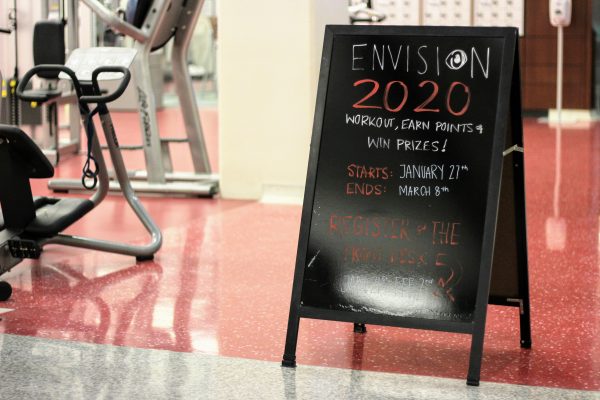

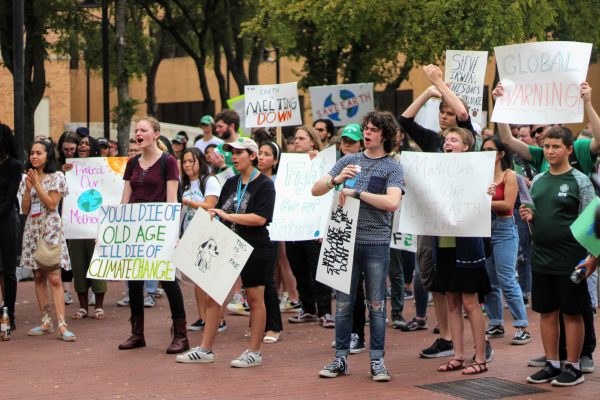
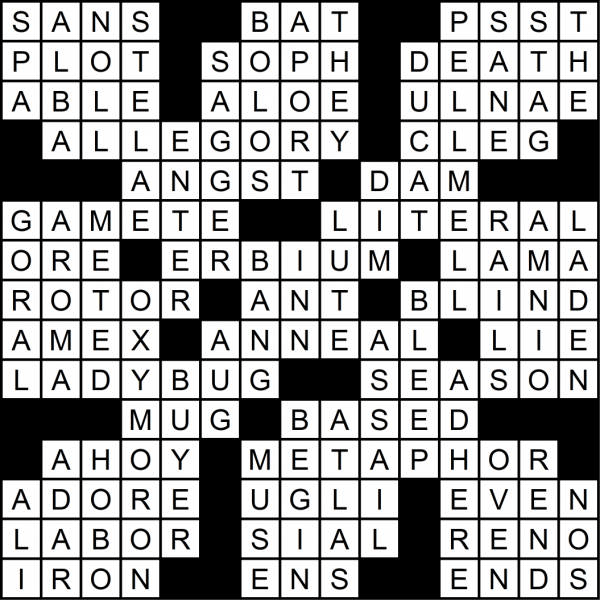
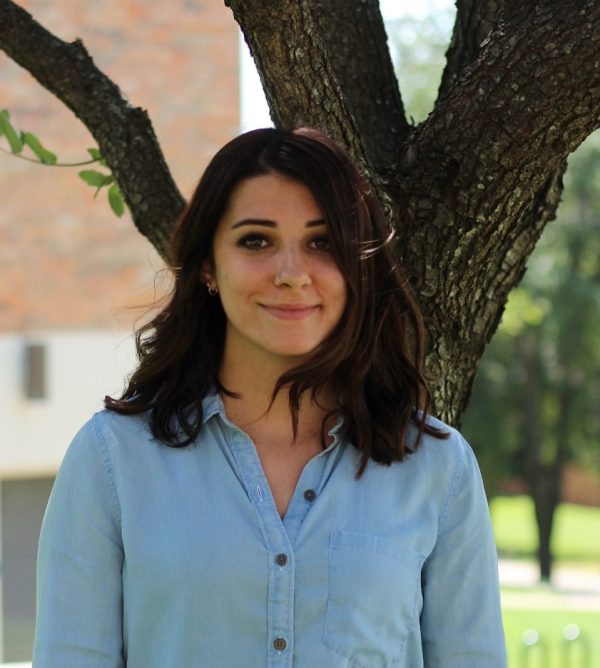
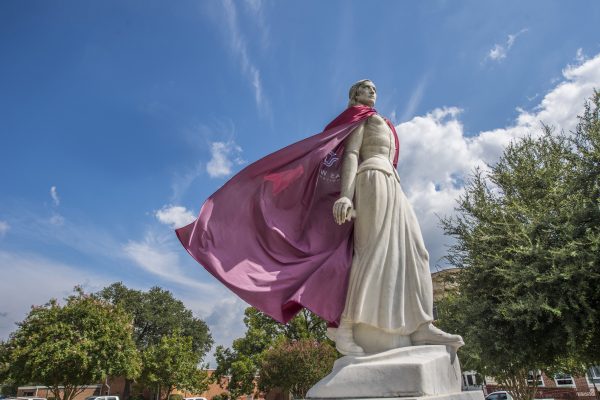
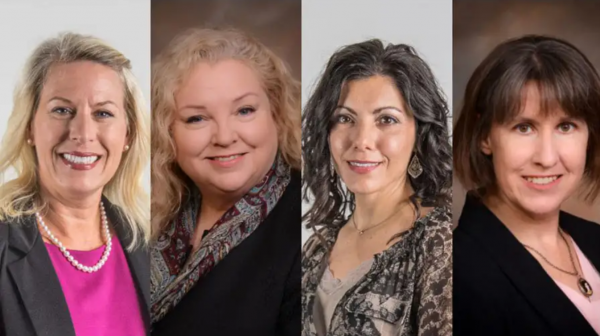
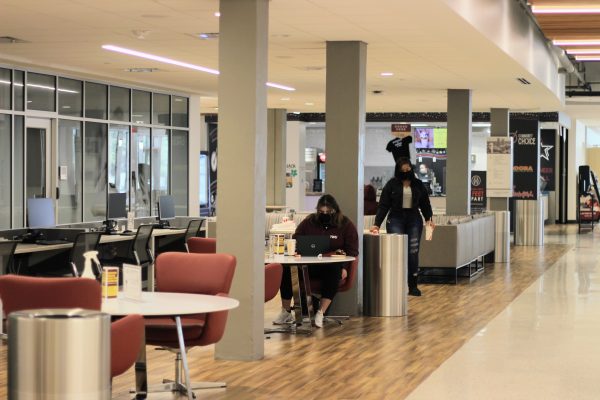
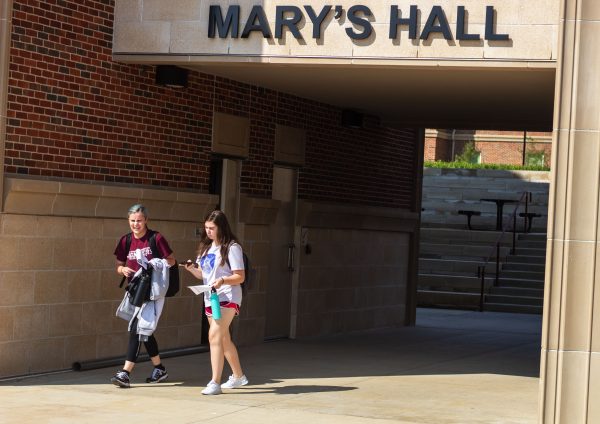
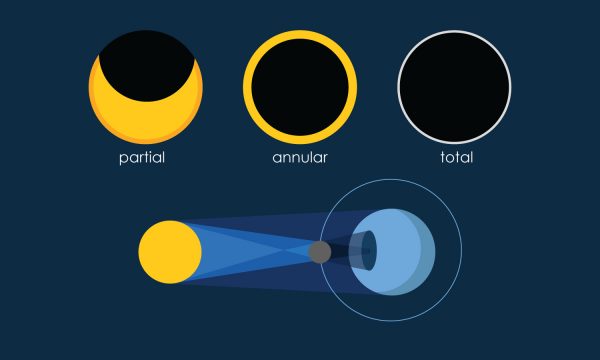
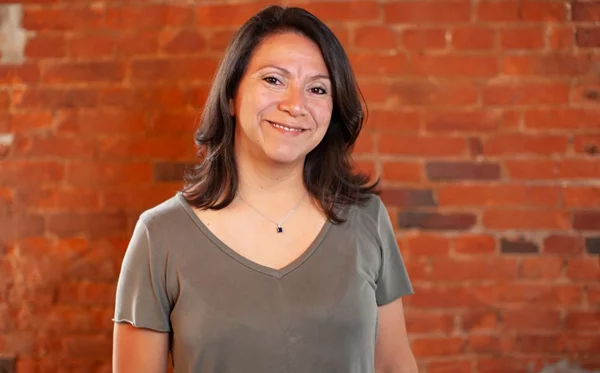

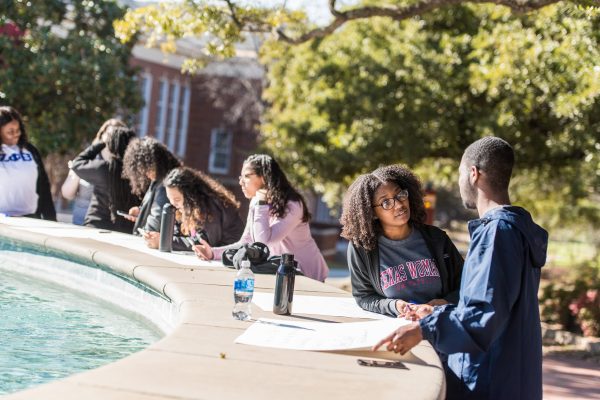
Be First to Comment